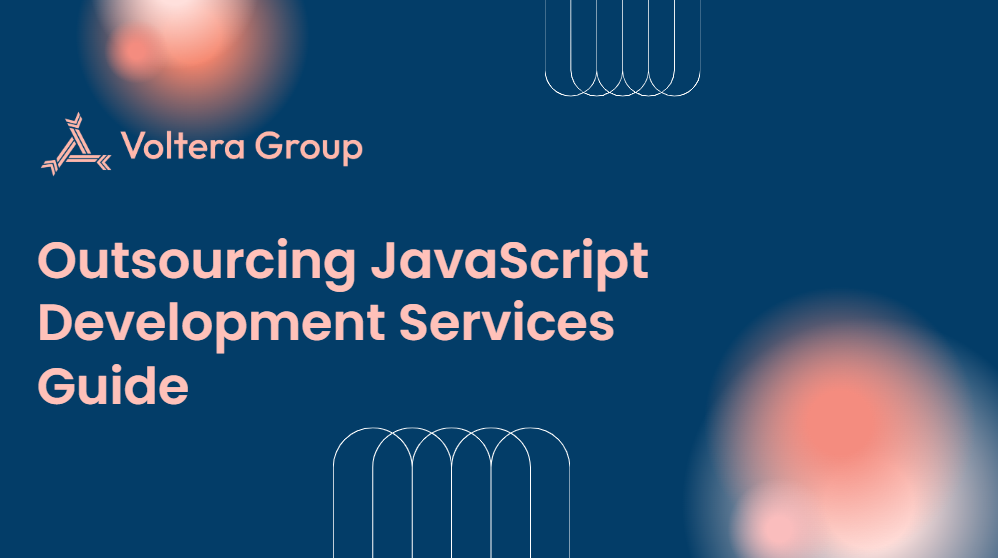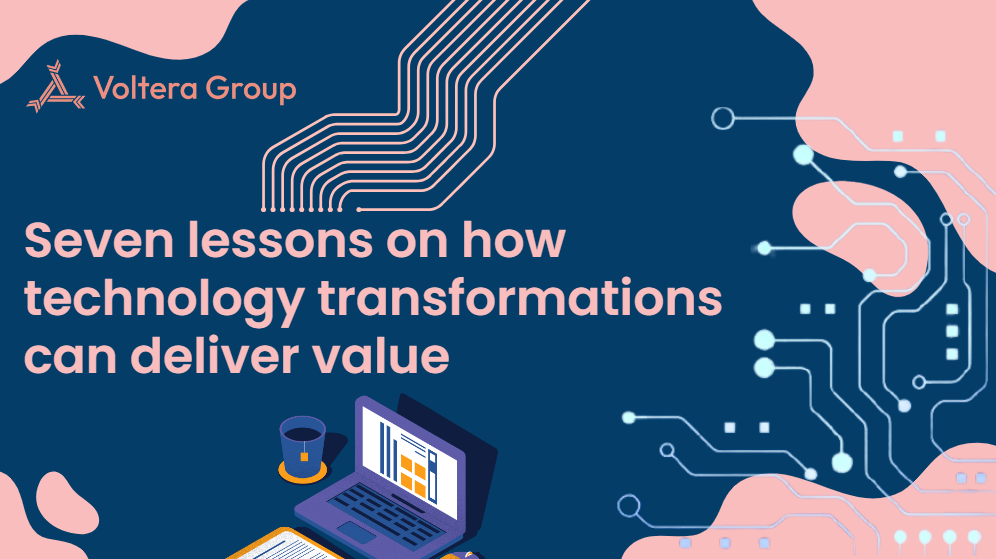Generative AI Integration A Supercharged Brain in Your Software
We provide comprehensive digital transformation tools that enable organizations to embed intelligent automation and generative capabilities directly into existing workflows, making sophisticated automation and personalization as seamless as implementing a new software component. Our expertise allows us to leverage AI's generative and predictive capabilities to enhance efficiency across diverse business functions.
Generative AI Integration Solutions
01
AI Customization
We conduct thorough business process analysis, fine-tune machine learning models, and develop specialized AI training datasets that reflect your organization's specific operational requirements through contextual understanding and semantic processing.
02
Technical Integration
We implement AI within your existing technology ecosystem without requiring complete system rebuilding. This is accomplished through robust API development, middleware creation, intelligent ecosystem engineering, and thoughtful architectural design.
03
Contextual Adaptation
We develop AI models that understand your organization's unique communication style and can interact like your team members. This creates intelligent assistants that align with your company culture through targeted machine learning techniques, inference optimization, and continuous model refinement.
04
Intelligent Automation
We deploy AI to handle repetitive tasks, allowing your team to focus on creative and strategic work. This is implemented using sophisticated natural language processing, machine learning algorithms, and intelligent workflow orchestration tools.
05
Process Enhancement
We integrate AI into business workflows to improve operational efficiency, speed, and intelligence. This is achieved through comprehensive process mapping, decision optimization algorithms, performance analytics, and continuous operational intelligence gathering.
06
Advanced Forecasting
We train AI systems to function as predictive tools that identify business trends, potential challenges, and hidden opportunities before they emerge. This is executed using sophisticated machine learning techniques, probabilistic analysis, statistical modeling, data mining, and real-time analytical capabilities.
MVP Development Services Across Industries
Industry-Specific Generative AI Applications
Financial Services
Advanced neural computation algorithms analyze extensive datasets to predict risk scenarios
Sophisticated predictive models simulate market fluctuations and economic disruptions
Automated forecasting identifies patterns invisible to human analysis through machine reasoning
Healthcare
Deep learning techniques analyze medical imaging and diagnostic data with enhanced precision
Personalized treatment recommendations leverage comprehensive patient information
Early disease detection through predictive analytics and advanced pattern recognition
Marketing
Generate highly personalized content tailored to individual customer preferences and behaviors
Deploy predictive analytics to optimize campaign strategies and audience segmentation
Automate content creation and real-time campaign adjustments based on performance metrics
LLM Agent A
State-Of-Art Automation (Scheme)
LLM is not only the possibility to chat and get a wide range of information, but it's also the possibility to retrieve your local data from databases, docs, and spreadsheets. With advanced LLM Agents—a core part of generative AI as a service—you can automate your routine processes, streamline client communication, or implement your start-up ideas.

Generative AI integration is your competitive advantage in a data-driven environment where adaptability determines success.
Technologies of Artificial Intelligence and Machine Learning
How AI Works in Practice
AI functions by collecting and optimizing extensive amounts of data, building analytical models through iterative training processes to deliver actionable insights.
Data Acquisition
01
Information is gathered from diverse sources including websites, mobile applications, connected devices, Internet of Things (IoT) systems, blockchain networks, and e-commerce platforms.
Data Optimization
02
This phase encompasses data examination, visualization, and the organization of both structured and unstructured information, aligned with specific business objectives.
Analytical Model Development
03
This involves creating visual representations, interactive dashboards, and reports while employing machine learning and statistical methodologies for comprehensive data analysis.
Retrieval Augmented Generation
04
The RAG framework enables generative AI to operate based on your specific information, whether structured or unstructured. Data is encoded into vector representations and selectively retrieved to enhance language model outputs.
Model Refinement
05
The system is continuously improved through training and evaluation cycles, enabling autonomous performance enhancement based on accumulated data and feedback.
Insight Generation
05
High-performance computing resources process information to identify predictive trends and recognize patterns, facilitating data-driven decision-making.
System Integration
05
AI capabilities are implemented within software products to provide ready-made predictive insights and effectively replicate human cognitive processes.
Addressing Generative AI Integration Challenges
Real-Time Processing
AI systems process complex datasets instantaneously, delivering rapid analysis and real-time insights that dramatically compress traditional decision-making timelines.
Automated Workflows
Generative AI minimizes human error in routine tasks by implementing automated processes that maintain consistent accuracy and performance standards.
Predictive Intelligence
Machine learning models continuously analyze global data streams, providing organizations with forward-looking intelligence for proactive adaptation to emerging market shifts and technological changes.
Competitive Differentiation
By implementing advanced AI technologies, companies distinguish themselves through operational intelligence, personalized services, and innovative problem-solving capabilities.
Generative AI Integration Capabilities
Intelligent Communication
Generative AI transforms business interactions by creating context-aware communication channels that adapt dynamically to organizational and customer requirements.
Content Generation
Advanced AI systems produce contextually relevant materials with unprecedented speed and precision across multiple formats, from marketing content to technical documentation.
Accelerated Analysis
Generative AI enables near-instantaneous processing of massive datasets, transforming complex information into actionable insights within seconds.
Market Intelligence
Machine learning algorithms continuously monitor diverse data sources to identify emerging trends, providing businesses with predictive intelligence for strategic planning.
Competitive Advantages with Our Gen AI Services
Frequently Asked Questions
How secure is Generative AI for data management?
Data security depends on implementing robust encryption, strict access controls, and compliance with industry-standard security protocols. While Generative AI enhances data management capabilities, organizations must implement comprehensive security measures including end-to-end encryption, multi-factor authentication, and regular security audits to protect sensitive information effectively.
What's the process for integrating Generative AI into existing systems?
Integration involves mapping your current technological infrastructure, identifying compatible AI tools, and partnering with specialized integration experts who can develop custom APIs and middleware solutions. The process typically requires comprehensive assessment of existing systems, strategic selection of AI solutions, and phased implementation that minimizes operational disruption while maximizing value delivery.
Can organizations implement Generative AI incrementally?
Most organizations begin with targeted pilot projects in specific departments or for well-defined use cases to demonstrate value and understand implementation requirements. Well-designed AI solutions feature modular architectures that support gradual expansion, enabling companies to start with low-risk, high-value applications and progressively integrate more sophisticated capabilities as they build confidence and experience tangible benefits.
What timeline should we expect for Generative AI implementation?
Implementation timelines vary considerably, typically ranging from 3 to 12 months, depending on your systems’ complexity and integration scope. The process involves multiple phases including discovery, strategy development, customization, testing, and continuous optimization, with each stage requiring careful planning and execution to ensure successful adoption and value realization.
How does machine learning integration enhance data science capabilities?
Machine learning integration represents a transformative approach where sophisticated ML techniques extract deeper insights and predictions from complex datasets. This combination empowers data scientists to discover previously hidden patterns and trends, significantly enhancing data-driven decision-making across diverse industries and use cases.
What role does a machine learning database play in algorithm development?
A machine learning database serves as the essential foundation for storing and managing the extensive and diverse datasets required for training and refining ML algorithms. Through specialized development services, organizations can leverage this information to build customized solutions that enhance operations, drive innovation, and create competitive advantages in their respective markets.
What value does a machine learning company provide to businesses?
A machine learning company specializes in developing sophisticated algorithms that transform how organizations interact with their data, enabling smarter, more informed decision-making. By focusing on creating specialized applications, these companies enable diverse industries to automate and optimize their processes, enhancing operational efficiency and supporting innovation initiatives.



